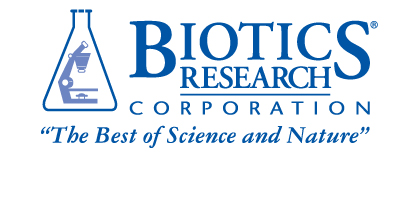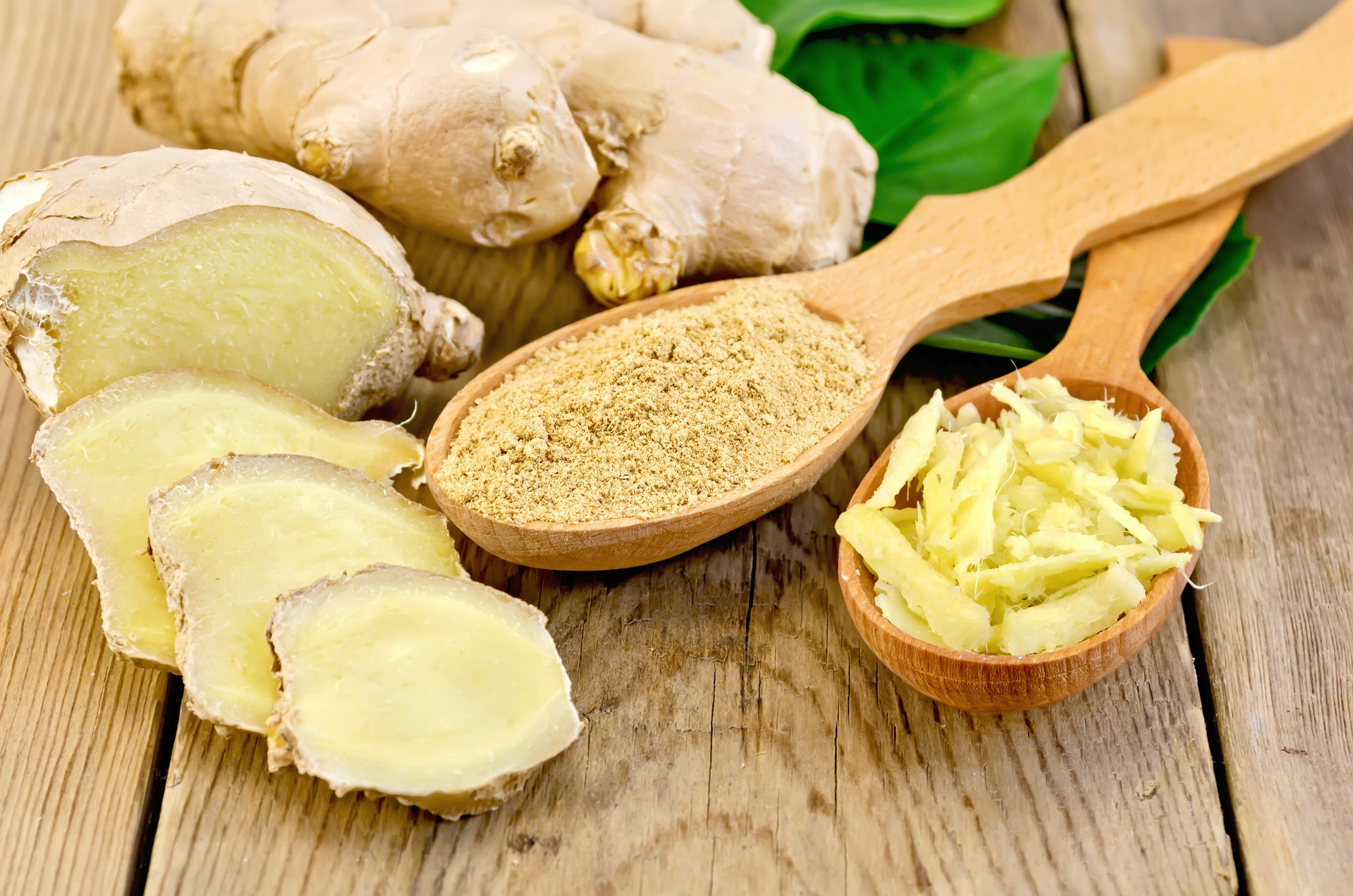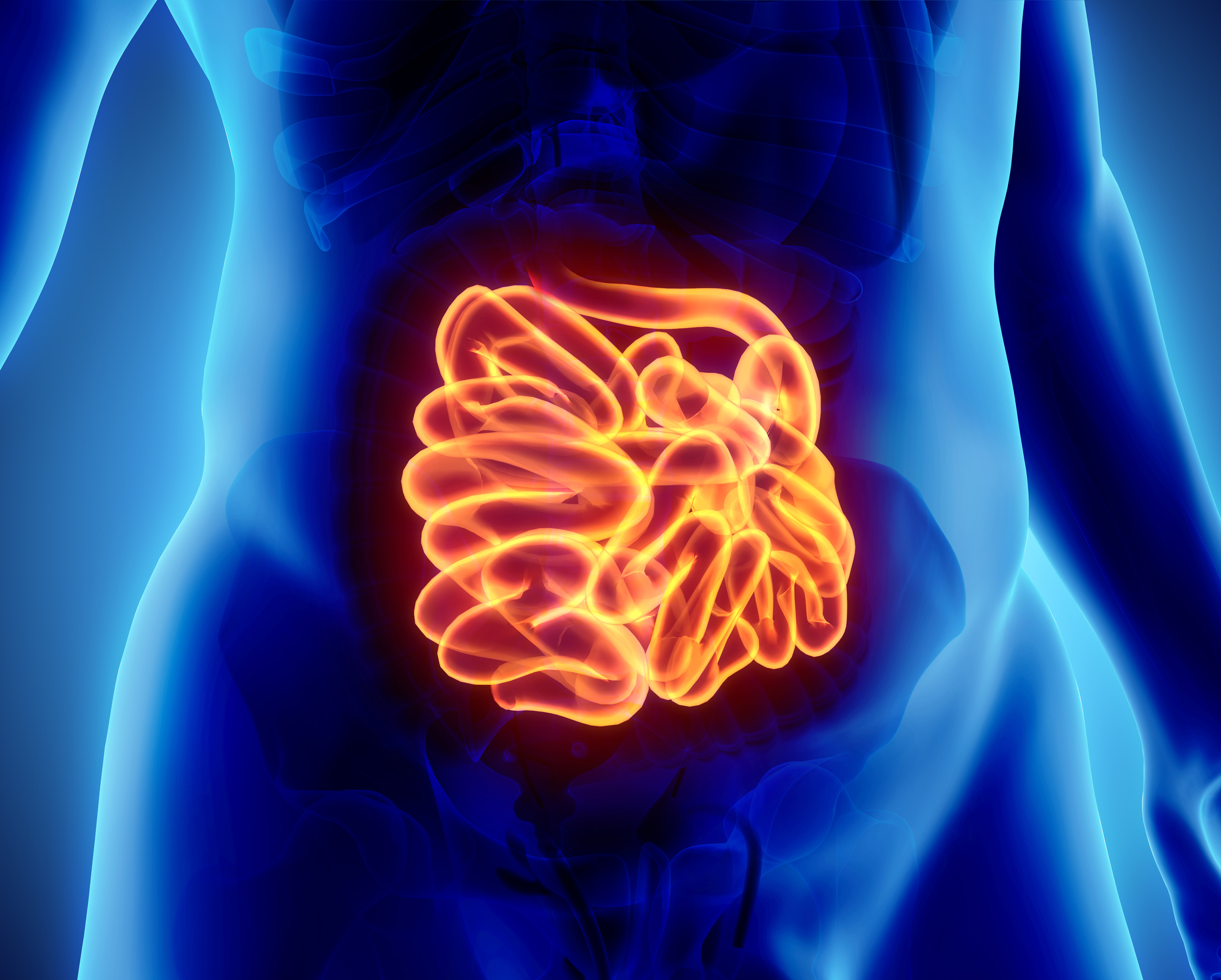Advancing Integrative Care
.
Improving Patient Outcomes
Supporting Practice Success
/ Most Recent /
Vitamin D Supplements May Reduce Risk of Cardiovascular Events
Australian researchers, writing in The BMJ, found that people who took vitamin D supplements had a lower risk of cardiovascular events, including myocardial infarction and ...
Ginger for Pain Relief: 5 Supporting Studies
One of the most widely known and respected herbal remedies, ginger has been a go-to for pain relief for thousands of years.
Copper Deficiency May Be a Major Contributing Factor to Cardiovascular Disease
Nutrient deficiencies can be an important factor in cardiovascular health and disease. There has been growing evidence that copper deficiency ...
OMX | Organic Metabolomics: What You Need to Know
Advanced Analysis of Organic Acids and Amino Acids The OMX™ Organic Metabolomics test offered by Diagnostic Solutions Laboratory examines urine and ...
Supporting the Gut-Brain Axis — Patient Guide
The gut-brain connection is vital to maintaining overall health and wellbeing, and it is important to establish a foundation of ...
Sea Cucumbers May Help Prevent Diabetes
A new study in the International Journal of Food Science & Technology showed that dried sea cucumber inhibited a compound associated with increased risk of ...
Mother’s Exposure to “Forever Chemicals” During Pregnancy Increases Risk of Childhood Obesity
A new study published in Environmental Health Perspectives shows that the children of women who are exposed to PFAS while they’re pregnant are more likely ...
White Willow Bark for Pain: 2 Supporting Studies
Extracts of the bark of trees from the genus Salix, more commonly known as willow, have been used to treat ...
Ketogenic Diet Beats DASH Diet for Controlling Blood Pressure and Blood Sugar
In a study published in The Annals of Family Medicine, a very low-carb diet led to better outcomes than the DASH diet in people with ...
Sorry, we couldn't find any posts. Please try a different search.
The Missing Piece in SIBO Treatment: Beyond Eradication
Eradicating the overgrowth with antibiotics or antimicrobial herbs can certainly reduce the overgrowth and resolve symptoms. However, it’s imperative to work upstream on the root causes that allowed the overgrowth in the first place for long-term success. Otherwise, recurrence is likely and ...
Adjunctive Therapies Improve Clinical Outcomes in SIBO
A randomized controlled trial published in the journal Nutrients studied the effects of herbal supplements and probiotics alongside antibiotics and a low FODMAPs diet for SIBO. 179 patients diagnosed with SIBO via breath testing were enrolled in the study. Patients received breath ...
Is Your Clinical Approach to SIBO Treatment Leading to Recurrence? (Podcast)
Why is SIBO (small intestinal bowel overgrowth) challenging to treat? Might the issue lie in hasty diagnoses and repetitive treatments without deeply exploring the root cause of SIBO? Could its persistent nature be attributed to the common approach of using antibiotics or ...
Why Use Breath Testing for SIBO and IBS?
You see patients in your office with chronic digestive issues, such as bloating, gas, diarrhea, and abdominal cramps all the time. First, you may want to rule out irritable bowel diseases and other serious gastrointestinal issues. At this point, many doctors may ...
SIBO & NAFLD – Cause, Effect or Bystander?
A recent review published in Nutrients examines the relationship between small intestinal bacterial overgrowth (SIBO) and non-alcoholic fatty liver disease (NAFLD). This relationship has gained research attention, as a growing body of evidence points to gut microbiota as playing a potentially causal role in NAFLD development and progression, ...
Foods to Eat & Avoid for Optimal Microbiome Health
Everyone’s gut microbiome is unique and evolving. Harmonizing the gut, by keeping the trillions of microbial residents in balance is a key to health and wellbeing. Whenever there is dysbiosis or a loss of diversity in the gut microbiota, there is often ...
Supporting Integrative Practitioners Since 2013
























